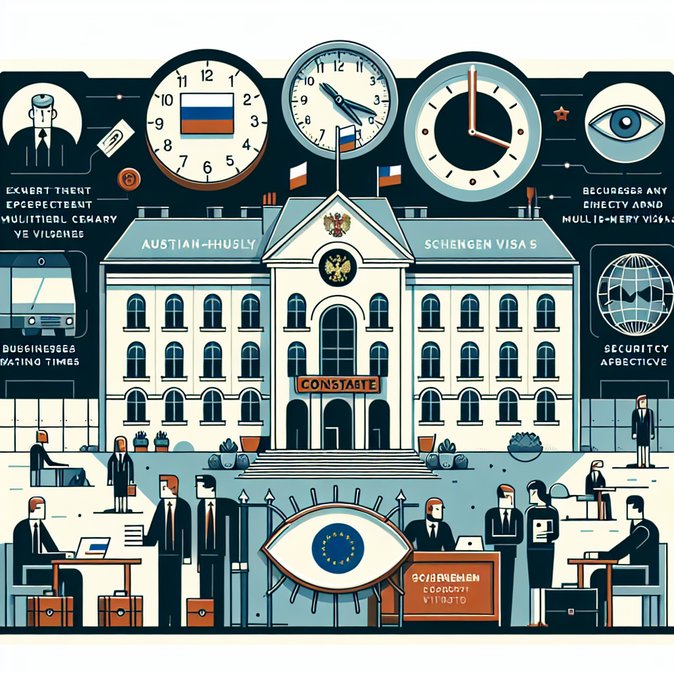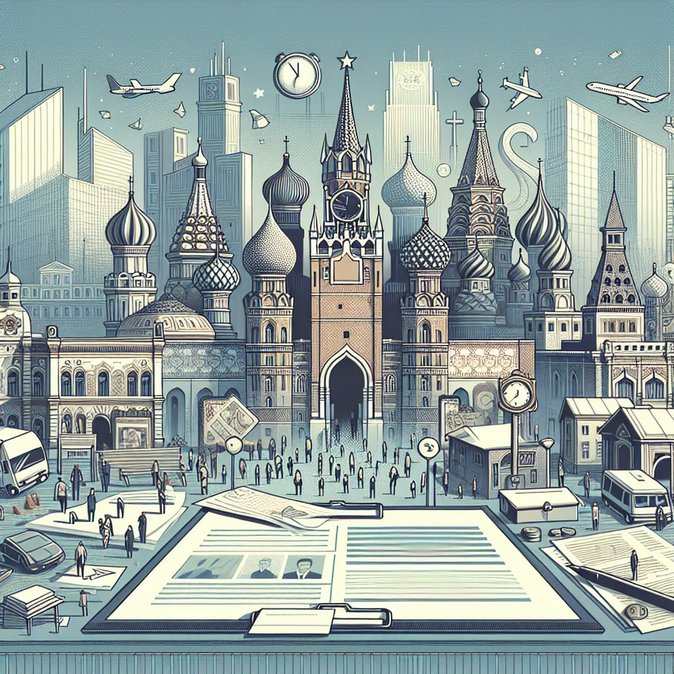
On 8 November the European Commission formally suspended the practice of issuing multi-entry Schengen visas to Russian citizens, citing mounting security risks from sabotage, drone incursions and disinformation campaigns linked to Moscow. Henceforth, Russians will need to lodge a fresh application for every trip, with full biometric capture and vetting each time. Although the rule is EU-wide, Austria’s three visa-issuing posts in Moscow, Saint Petersburg and Yekaterinburg anticipate the sharpest workload increase: before the invasion of Ukraine, they handled roughly 68,000 Russian applications a year, a quarter of them multiple-entry.
Austrian export lobby Advantage Austria warns that the change may complicate after-sales visits by Russian clients in machinery, timber and pharmaceutical sectors that still fall under permitted trade categories. Every new application means re-submitting invitations, travel insurance and proof of funds, adding at least ten working days to lead-times. Vienna’s Federal Criminal Intelligence Service, however, backs the move, arguing that repeat vetting closes intelligence gaps exploited by infiltrators who previously obtained three- or five-year visas.
![EU Tightens Visa Rules for Russian Nationals—Austrian Consulates Brace for Surge in One-Off Applications]()
Corporate mobility teams should expect higher rejection rates and advise Russian partners to factor in longer processing windows. The Commission left a narrow exemption for dissidents, independent journalists and human-rights defenders, but Austrian consulates will still apply a strict case-by-case security check.
Tourism impact will be limited—direct Austria-Russia flights remain suspended—but Vienna Airport notes that Russians arriving via Istanbul or Belgrade already make up less than 10 % of pre-war volumes. The bigger effect could be on Austrian conference organisers, who must now issue individual invitation letters for each attendee rather than rely on existing multiple-entry visas.
While Austrian hoteliers welcome any move that reassures the public on security, they also fear that additional bureaucracy could divert Russian MICE business to visa-lighter destinations such as Dubai or Belgrade. The Ministry of the Interior says it will review the policy six months after implementation.
Austrian export lobby Advantage Austria warns that the change may complicate after-sales visits by Russian clients in machinery, timber and pharmaceutical sectors that still fall under permitted trade categories. Every new application means re-submitting invitations, travel insurance and proof of funds, adding at least ten working days to lead-times. Vienna’s Federal Criminal Intelligence Service, however, backs the move, arguing that repeat vetting closes intelligence gaps exploited by infiltrators who previously obtained three- or five-year visas.

Corporate mobility teams should expect higher rejection rates and advise Russian partners to factor in longer processing windows. The Commission left a narrow exemption for dissidents, independent journalists and human-rights defenders, but Austrian consulates will still apply a strict case-by-case security check.
Tourism impact will be limited—direct Austria-Russia flights remain suspended—but Vienna Airport notes that Russians arriving via Istanbul or Belgrade already make up less than 10 % of pre-war volumes. The bigger effect could be on Austrian conference organisers, who must now issue individual invitation letters for each attendee rather than rely on existing multiple-entry visas.
While Austrian hoteliers welcome any move that reassures the public on security, they also fear that additional bureaucracy could divert Russian MICE business to visa-lighter destinations such as Dubai or Belgrade. The Ministry of the Interior says it will review the policy six months after implementation.








